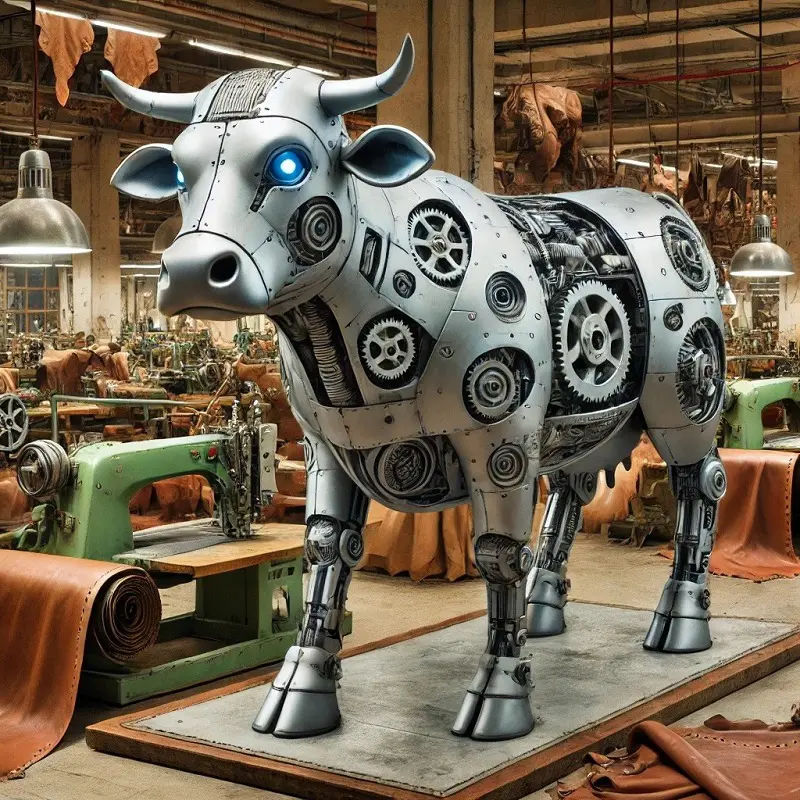Cambridge-based startup ‘Pact’ has raised £9 million in (seed round) funding to expand its factory space and scale-up production of its “world-first” biomaterial – a skin made from collagen that’s a convincing alternative to leather.
Oval
Oval, developed by Pact, is a pioneering biomaterial made from natural collagen, designed to be a sustainable and scalable alternative to traditional materials like leather. For example, with Oval Pact says it is “Capturing the strength, feel, stretch and durability of heritage materials through upcycled collagen.”
The collagen used in Oval is sourced from ethical and environmentally friendly suppliers, often from surplus or recycled materials such as those used in cosmetics.
Oval not only looks like leather, but it also behaves like leather, i.e. it responds to scratches, water, and sunlight in a very similar way.
What’s Collagen?
Natural collagen, the biomaterial that Oval is made from, is a protein, found in the skin, bones, and connective tissues of animals, providing structural support and elasticity. It is often used in cosmetics for its ability to promote skin hydration, elasticity, and repair, making it popular in anti-aging products. Collagen’s biocompatibility and strength make it an ideal material for sustainable biomaterials like Oval, which mimics leather while reducing environmental impact. The Collagen used to make Oval is recycled collagen from old cosmetics with some herbal extracts, oils, and minerals added. Pact says: “Our collagen is a natural byproduct used in high-end cosmetics, skincare and pharmaceuticals”.
Customisable
Oval is versatile and customisable, allowing designers to create a wide range of textures, patterns, and colours. The material is finished using techniques traditionally applied to leather, making it ideal for luxury fashion, footwear, interiors, and more.
Chemical-Free + Reduced CO2
Its production is chemical-free, requires less water, and has a significantly lower carbon footprint compared to traditional leather production. Pact estimates that incorporating Oval in place of leather and synthetic alternatives could prevent 4.8 million tonnes of CO2 emissions annually!
Patented
Pact says that in the production of Oval, a patented process is used to transform cosmetic-grade collagen into collagen skins. Pact says the skins are then “enriched with all-natural ingredients, then enhanced using time-honoured finishing techniques”. Pact sums up the key benefits of Oval, saying “Oval radically reduces environmental impact and inspires unlimited design possibilities”.
Who’s It For?
Pact CEO, Yudí Ding, highlights how the company has already partnered with Luxury Maisons and how the new biomaterial has been embraced by leading fashion houses and groups globally. For example, investors in this seed investment round included Hoxton Ventures, ReGen Ventures, Celsius Industries (formerly Untitled) and Polytechnique Ventures.
Pact has also developed “drop in” manufacturing technology, enabling clients to produce Oval directly in their own supply chains.
Funding To Scale-Up
The £9 million of funding raised in this seed round has enabled Pact to invest in a new 13,820 sqft headquarters in Cambridge, which includes a laboratory and pilot production facility. This will put Pact in a better position to push into the commercialisation phase and expand and scale-up production to meet demand (which is anticipated to be global).
What Does This Mean For Your Organisation?
The success of Pact and its innovative biomaterial, Oval, marks a significant shift towards sustainable alternatives in industries traditionally dependent on leather. As environmental concerns become paramount, Oval’s ability to mimic leather while drastically reducing water usage and CO2 emissions could position it as a game-changer across fashion, interiors, and even automotive design. By offering a material that combines durability, versatility, and sustainability, Pact is responding to the increasing demand for eco-friendly solutions without compromising on quality or creativity.
This advancement doesn’t just affect consumers and brands, but it also sends a clear message to competitors in the materials industry. As Pact scales up production and solidifies partnerships with luxury brands, traditional leather manufacturers and other synthetic alternatives may feel the pressure to innovate or risk becoming obsolete. Oval’s ability to slot seamlessly into existing supply chains, thanks to Pact’s “drop-in” manufacturing technology, may give it an edge that could force competitors to reassess their production models and environmental footprints.
As more companies adopt sustainable practices, Pact’s Oval appears to be setting a new benchmark that competitors will likely need to meet. This biomaterial’s potential to reduce millions of tonnes of CO2 emissions annually makes it not just an alternative but possibly a necessary evolution for the industry. Ultimately, Pact’s breakthrough may not only disrupt the materials market but also challenge the entire ecosystem to raise its sustainability standards and embrace innovation.
All that said, however, Pact’s Oval is still at the beginning of its journey and has yet to live up to its considerable promise when it goes fully into the commercialistaion phase, although it appears that the signs are good so far.


